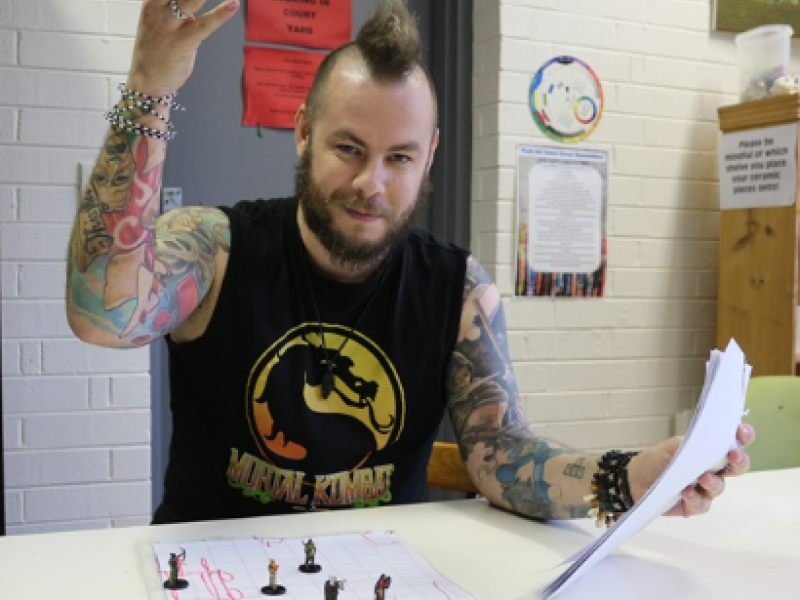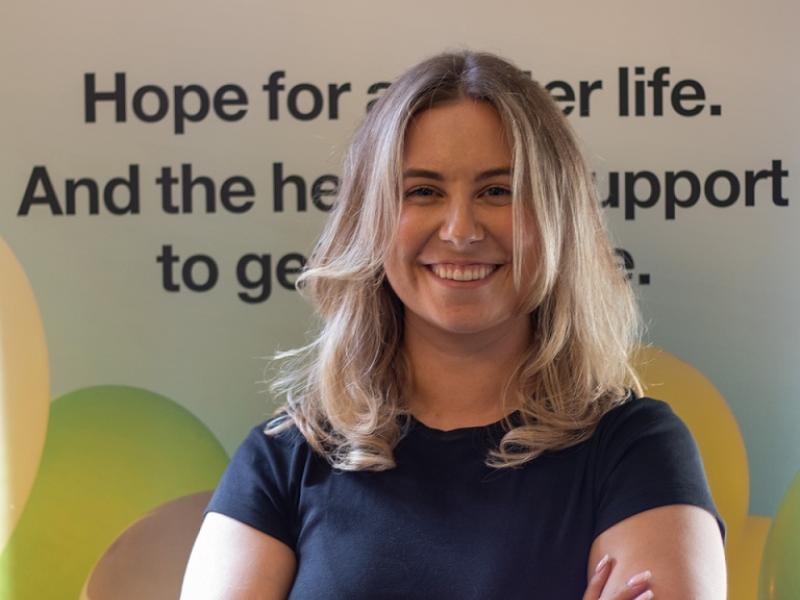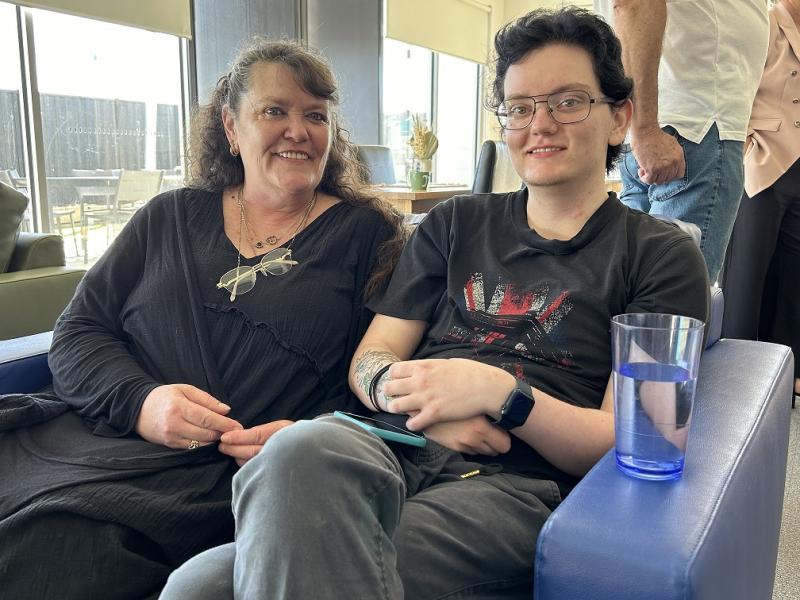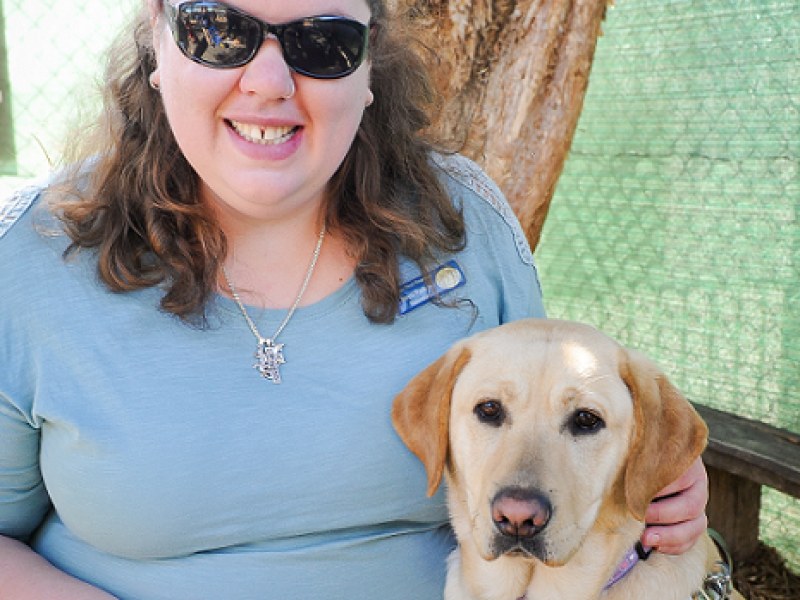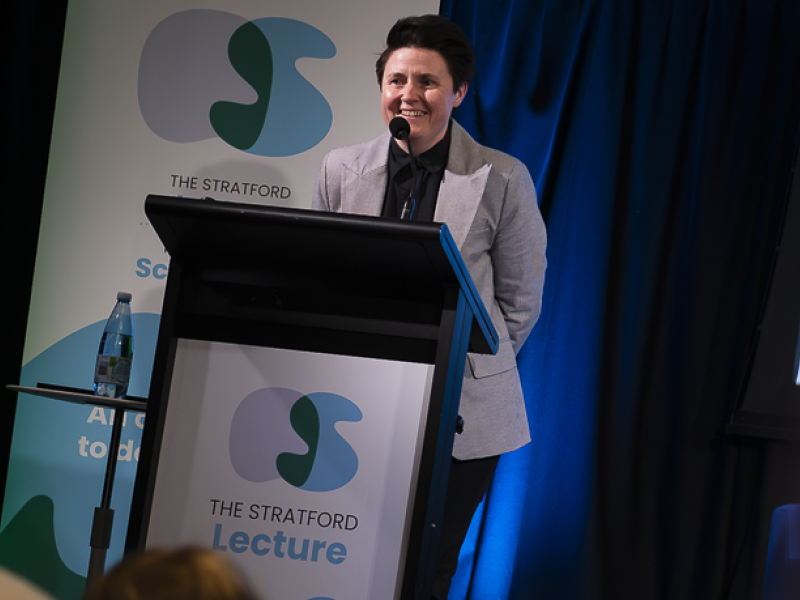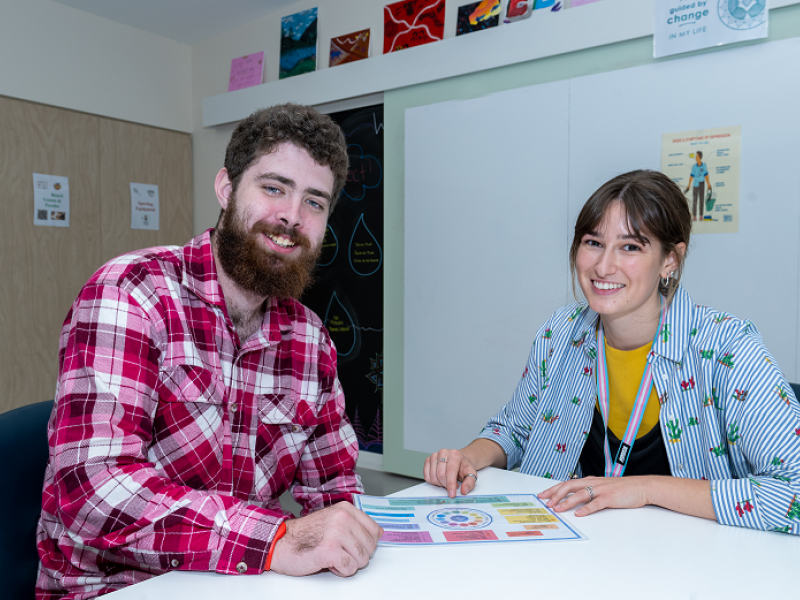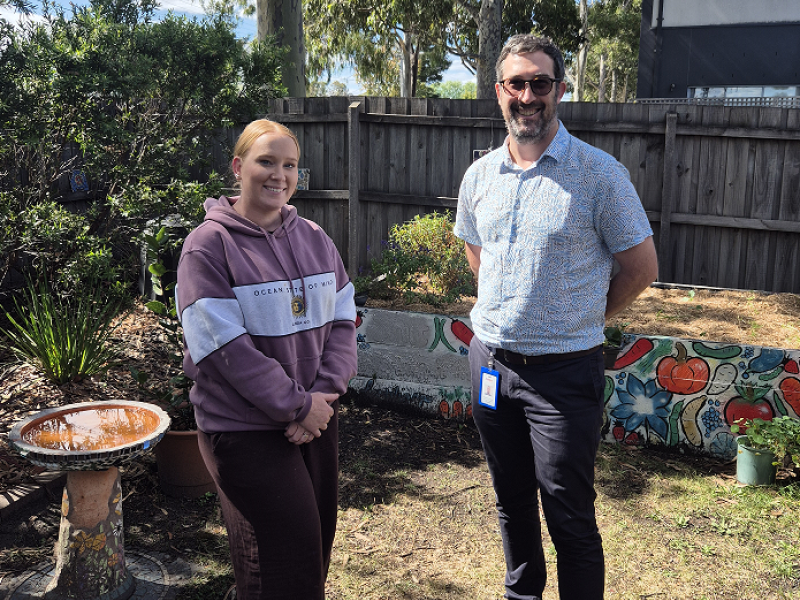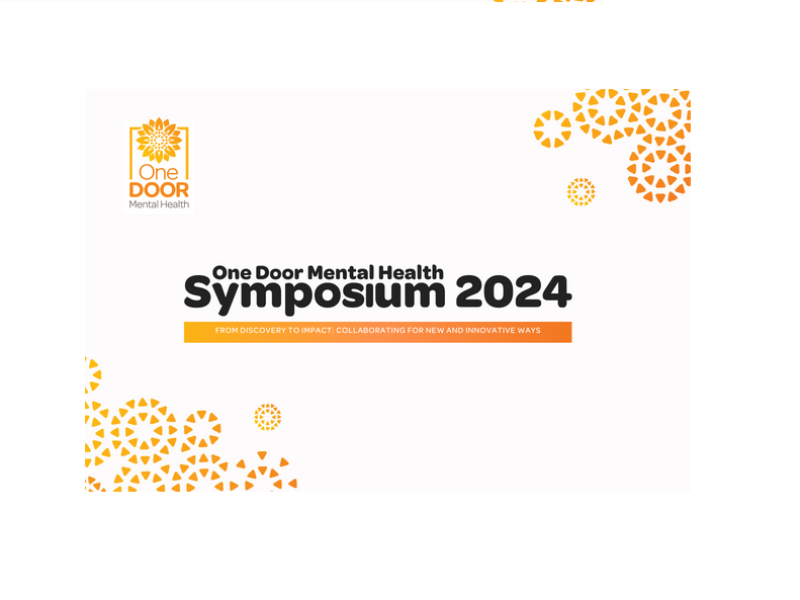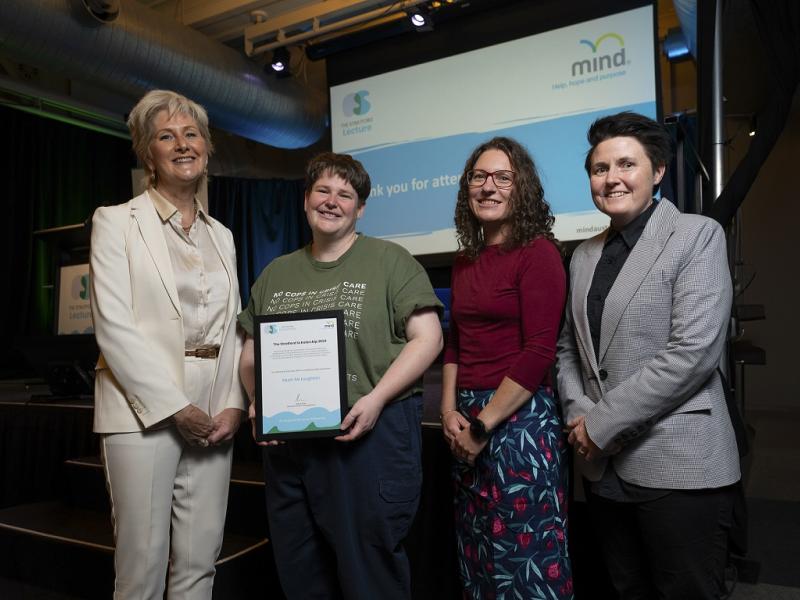Chris Blums is a Mind peer practitioner who walks to the beat of his own drum. “I want to be the guy that provides surprises and new experiences,” he says of his work at the Mind centre in Williamstown. “I want people to leave our group and say ‘you won’t believe what we did today’.”
As a peer practitioner, Chris is able to use the understanding and empathy that comes from his own lived experience of mental ill-health to support others on their recovery journey. Chris was diagnosed with attention deficit hyperactivity disorder (ADHD) as a three-year-old and experienced anxiety attacks, and things escalated when he turned 16. “I remember having chats with my folks and saying ‘hey, I’m not feeling right’. I was supposed to be having great times with my mates but it didn’t feel like it,” he says.
“My folks just thought I was having a bad day, but I was feeling bad even on days that should have been good days.” Chris was diagnosed with bipolar disorder, which led to what he described as the lowest point of his life.
After working on his recovery, with encouragement from his psychologist, he eventually began looking for work in community service and stumbled upon Mind. “Once I started (being a peer support worker) I just felt at home. I work with great people and fantastic clients and I want to be surrounded by these people,” he says.
“I feel like I’m making a difference – I can come home and say I’ve bettered someone’s day. I’ve got a sense of purpose. Getting this kind of job is the biggest justice of all, because it means everything I went through meant something.”
Chris brings a particular ingenuity to his peer work at his service in Williamstown. An avid gamer, he has turned the ever-popular Dungeons & Dragons role-playing board game into a tool that helps people at the Mind centre safely explore and discuss their own mental health.
“The idea is to create activities that are subliminally benefiting you,” he says. “Gaming has always been there for me and it has certainly helped me deal with everything and played a role in my own recovery journey.”
If this article raises concerns for you, please call Lifeline on 13 11 14. Aboriginal and Torres Straits Islanders can also call 13 YARN (13 92 76) a 24/7 national crisis support telephone service staffed by Aboriginal and Torres Strait Islander peoples.
If you would like more information, please contact us.
1300 286 463
[email protected]
